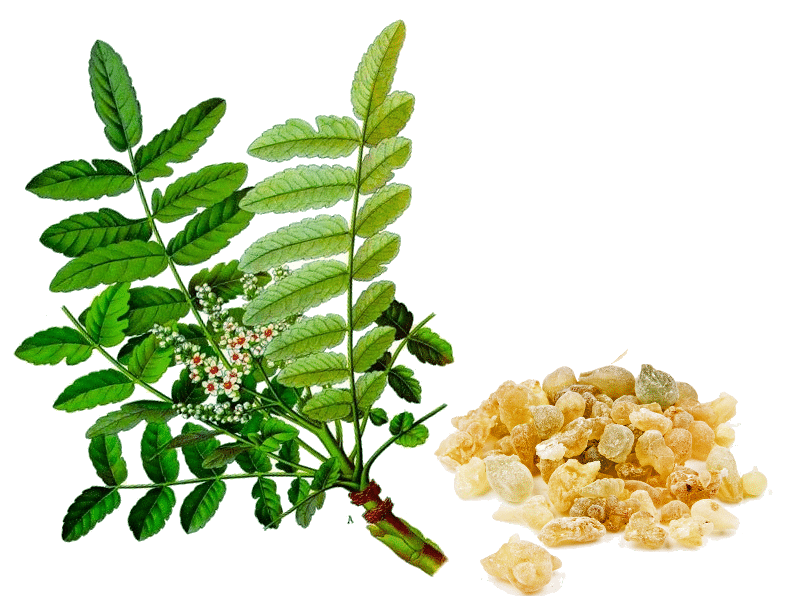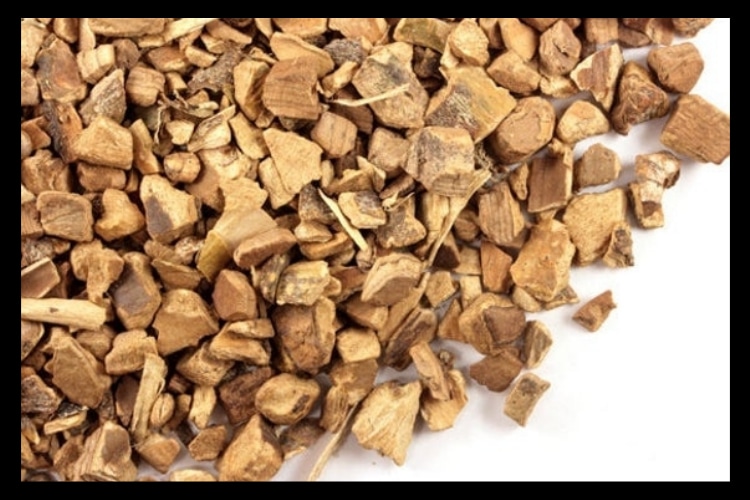
8 Signs of Rheumatoid Arthritis You May Not Know About
Rheumatoid arthritis is a serious autoimmune disease that attacks the joints and other body parts.
But RA can be tough to diagnose. Symptoms can mimic other illnesses, or they may flare, then fade, only to flare again somewhere else. Lab tests aren’t perfect you can test negative for RA factors and still have it. And X-rays don’t show signs until later on.
Here are some tricky rheumatoid arthritis symptoms and hints that they’re due to RA and not some other condition.
Table of Contents
Hard to heal injuries
It’s possible to think you have an injury such as a sprained ankle that doesn’t seem to heal when the symptoms are actually due to RA.
This is more common in younger people, says Lisa A. Mandl, MD, MPH, assistant attending rheumatologist at Hospital for Special Surgery in New York City.
One day a patient is playing soccer and the next day her knee is swollen, she says. “I have seen people who have had two arthroscopic surgeries and extensive physical therapy in their knee and they have rheumatoid arthritis.”
Numbness or tingling in the hands
One symptom of rheumatoid arthritis is carpal tunnel syndrome, which is marked by tingling in the wrist and hands. Dr. Mandl says the sensation is similar to the feeling you get when you hit your funny bone.
What happens is that the swelling in the arm compresses the nerves going into the hands. The sensation is often worse at night.
If you go to a doctor with these symptoms and don’t have (or tell him or her about) other RA symptoms, you may be diagnosed only with carpal tunnel syndrome.
Foot trouble
One area in which people often have RA-related pain or inflammation is the forefoot.
Women often stop wearing heels and head to a podiatrist due to the pain.
Some people with RA may also develop pain in the heel because of plantar fasciitis, a common foot disorder caused by swelling of the tissue at the bottom of the foot, near the heel.
Eye problems
People with RA are also at risk for Sjogrens syndrome, an autoimmune disorder that can cause dryness of the eyes, mouth, nose, throat, or skin due to inflammation that stops glands from releasing moisture, says Dr. Mandl.
This can happen even in the early stages of RA, but it’s unlikely to be the only symptom.
Most people with dry eyes head to an eye doctor to find out the cause, but Dr. Mandl recommends telling your doctor even an eye doctor or other specialists about additional symptoms you’re having in any part of the body.
Pairs of achy joints
One of the most predominant symptoms of rheumatoid arthritis is aching in the joints. People often think their pain is due to overexertion or osteoarthritis, the type of arthritis common in old age.
This achiness can also be misdiagnosed as fibromyalgia or chronic fatigue syndrome (fatigue is another symptom of RA).
RA joint pain is not fleeting; it usually lasts longer than a week. It can also be symmetrical, meaning both hands, feet, knees, or ankles will be affected at the same time.
Morning stiffness
Another characteristic of rheumatoid arthritis is stiffness in the joints in the morning.
Again, this is also a common problem in osteoarthritis, which can cause pain after long periods of inactivity, like sleeping.
The difference between the two is that osteoarthritis pain usually subsides in about a half hour. Stiffness from rheumatoid arthritis will last much longer, possibly for a good chunk of the day.
The right kind of exercise can help alleviate stiffness for people with RA and osteoarthritis pain.
Locked joints
People with RA can sometimes experience locked joints, particularly in the knees and elbows. This happens because there’s so much swelling of the tendons around the joint, the joint cannot bend. It can lead to cysts behind the knee that can puff out and inhibit motion.
The symptom can be mistaken for a meniscus tear, a knee joint injury that’s common in sports, and which can also lead to cysts.
Nodules
These are firm lumps that grow under the skin near the affected joints. They often appear at the back of the elbows, and sometimes people get them in the eyes.
They’re more common in people who have advanced rheumatoid arthritis, but occasionally show up earlier, says Dr. Mandl.
The nodules can at times mimic gout, another form of arthritis.
Suggested Lifestyle Changes
Lifestyle changes can moderate autoimmunity, and other strategies can help you control the symptoms of rheumatoid arthritis. Try the following recommendations:
- Get regular aerobic exercise (swimming is best for those with rheumatoid arthritis).
- Practice relaxation techniques. In addition, visualization can help moderate autoimmune responses and psychotherapy can help you change emotional states that keep the immune system off balance.
- Try hypnotherapy or guided imagery. Look for a therapist willing to take on an autoimmune disease. Meditation and yoga can help, too.
- Avoid health-care practitioners who make you feel pessimistic about your condition.
- Eliminate or reduce intake of coffee and tobacco as both have been linked to an increased risk for rheumatoid arthritis.
- Practice keeping a journal of your daily emotions, experiences, and symptoms. This very simple activity has proven benefits for those with rheumatoid arthritis.
Nutrition and Supplements
- Follow a low protein, high carbohydrate diet; minimize consumption of foods of animal origin.
- Eliminate milk and milk products, including commercial foods made with milk.
- Avoid all polyunsaturated vegetable oils, margarine, vegetable shortening and products made with partially hydrogenated oils of any kind.
- Increase intake of omega-3 fatty acids by eating more cold-water fish, walnuts or freshly ground flaxseeds. You may also want to consider taking a fish oil supplement to help keep your protein intake low.
Try changing your diet in the following way. One at a time, eliminate the following categories of food for two months:
- All sugar except natural fruits
- All citrus fruits
- Wheat, corn, and soy
At the end of each trial period, restore the eliminated items to your diet. You may find that one or more has an influence on your arthritis symptoms.
The following supplements and medications help alleviate pain associated with rheumatoid arthritis:
- For symptomatic treatment use aspirin and other over-the-counter anti–inflammatory drugs.
- Take feverfew (Tanacetum parthenium) for its anti-inflammatory effect; one to two capsules twice a day
- Use anti-inflammatory herbs, ginger and turmeric are particularly effective. You can continue to take these herbs indefinitely.
- Experiment with traditional Chinese medicine, Ayurvedic medicine, homeopathy, Native American medicine, and healers.
- Try long-term fasting in a facility staffed by experienced health professionals.
- Investigate apitherapy (bee-sting treatment); a local beekeeper should be able to advise you.
Advice provided by Dr. Weil







